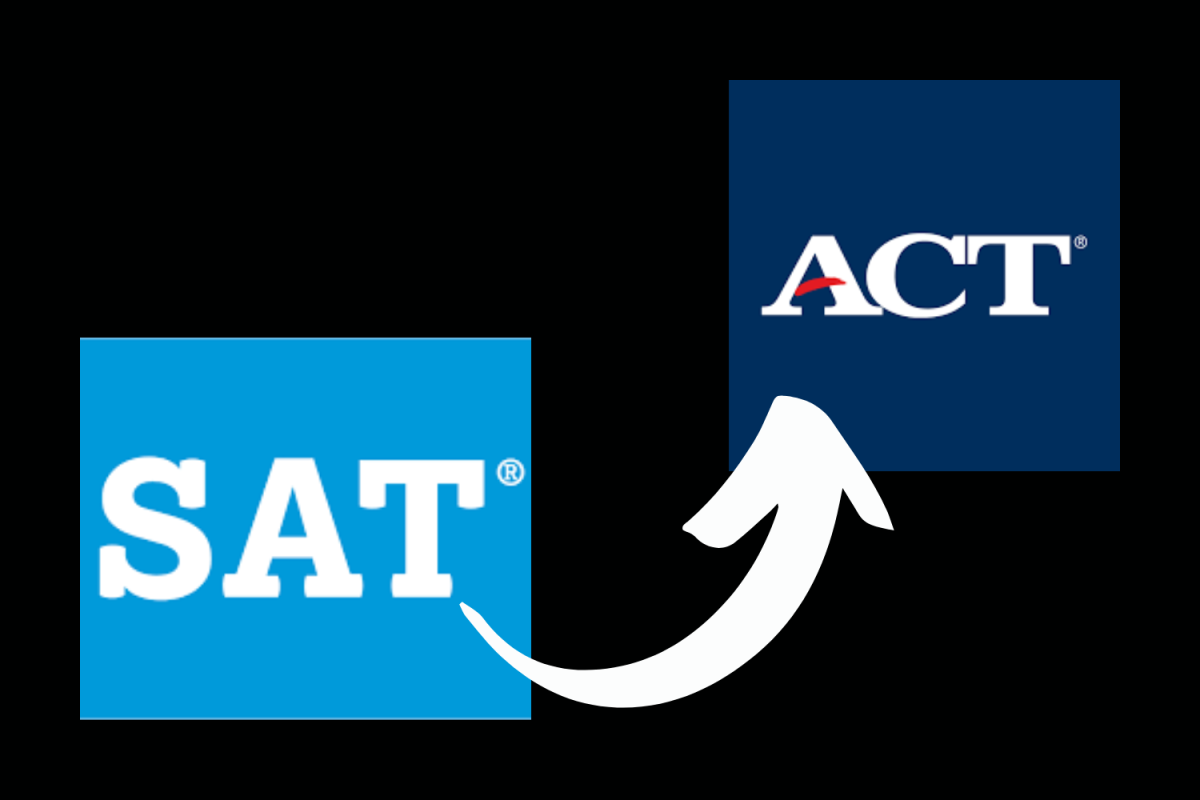High school juniors will be required to take the ACT instead of the SAT to graduate in Illinois starting next school year. This decision was finalized by the Illinois State Board of Education last Wednesday, May 15, 2024.
The decision was motivated by cost. The ACT was awarded a $53 million contract for the course duration of six years. Principal Daniel DeBruycker explained the process.
“It goes out to bid between the SAT, ACT, and state board,” DeBruycker said.
Another variable that contributed to the change was the current standards set by the SAT and the Illinois State Board. According to DeBruycker, the Illinois Learning Standards did not align with the SAT, which made it difficult for districts within Illinois to determine which standards they were following.
“When the state shifts from the SAT to the ACT, then they have the ability to work with the ACT to create the state standards to align,” DeBruycker said. “This assists the districts in the local governing bodies to figure out what they need from a curriculum perspective.”
With the ACT becoming a graduation requirement for incoming juniors, all schools are obligated to offer it.
“If the state did not create a requirement, that allows districts to potentially not have to offer it during the day,” DeBruycker said. “So when we offer it to all students and have a retake day, it creates an equitable process for all students to be able to take it.”
Despite the decision being publicly announced prior to the next school year, students feel the pressure of the switch.
“I feel nervous because there’s a lot of pressure already with the classes I have to take next year and prioritizing studying for the ACT,” sophomore Sama Juma said. “I think that students who have already begun or planned to study for the SAT will be upset because they have already put all this work in just to figure out that the test has been switched without being notified personally.”
The benefits of the switch for students vary due to many universities going test-optional, creating various paths for students.
“I want all of our students to have an equitable opportunity and equal opportunity to take the exam and show where they are with their skills and then navigate that with whatever the future is going to take,” DeBruycker said.






